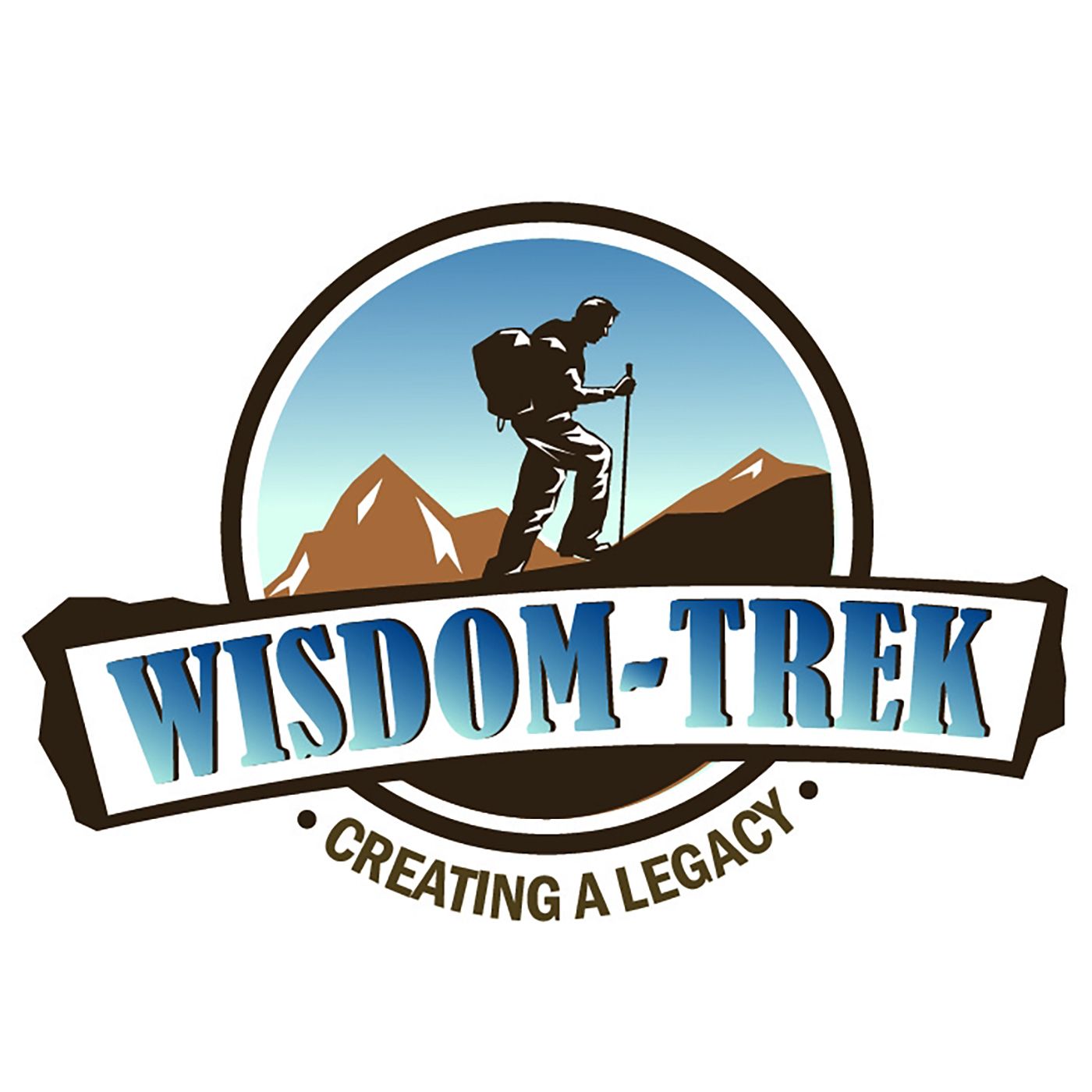- religion
- SEE MORE
- classical
- general
- talk
- News
- Family
- Bürgerfunk
- pop
- Islam
- soul
- jazz
- Comedy
- humor
- wissenschaft
- opera
- baroque
- gesellschaft
- theater
- Local
- alternative
- electro
- rock
- rap
- lifestyle
- Music
- como
- RNE
- ballads
- greek
- Buddhism
- deportes
- christian
- Technology
- piano
- djs
- Dance
- dutch
- flamenco
- social
- hope
- christian rock
- academia
- afrique
- Business
- musique
- ελληνική-μουσική
- World radio
- Zarzuela
- travel
- World
- NFL
- media
- Art
- public
- Sports
- Gospel
- st.
- baptist
- Leisure
- Kids & Family
- musical
- club
- Culture
- Health & Fitness
- True Crime
- Fiction
- children
- Society & Culture
- TV & Film
- gold
- kunst
- música
- gay
- Natural
- a
- francais
- bach
- economics
- kultur
- evangelical
- tech
- Opinion
- Government
- gaming
- College
- technik
- History
- Jesus
- Health
- movies
- radio
- services
- Church
- podcast
- Education
- international
- Transportation
- Other
- kids
- podcasts
- philadelphia
- Noticias
- love
- sport
- Salud
- film
- and
- 4chan
- Disco
- Stories
- fashion
- Arts
- interviews
- hardstyle
- entertainment
- humour
- medieval
- literature
- alma
- Cultura
- video
- TV
- Science
- en
Day 811 – The Ancient's Guide to the Galaxy – Wisdom Wednesday

Wisdom-Trek / Creating a Legacy
Welcome to Day 811 of our Wisdom-Trek, and thank you for joining me.
I am Guthrie Chamberlain, Your Guide to Wisdom
The Ancient's Guide to the Galaxy - Wisdom Wednesday
Thank you for joining us for our five days per week wisdom and legacy building podcast. Today is Day 811 of our trek, and it is Wisdom Wednesday. The past several weeks on Wednesdays, we have been focusing on interpreting current events through a Biblical worldview.
To establish a Biblical worldview, it is important that you also have a proper understanding of God’s Word. Especially in our western cultures, we do not fully understand the Scriptures from the mindset and culture of the authors. In order to help us all have a better understanding of God’s word, I would like to invest the next several weeks reviewing a series of essays from one of today’s most prominent Hebrew scholars Dr. Micheal S. Heiser, which have been compiled into a book titled I Dare You Not to Bore Me with the Bible.
We are broadcasting from our studio at The Big House in Marietta, Ohio. Although we are technically still in winter as I am creating this podcast, there are signs of spring in the air with the daffodils sprouting and birds making their nests in preparation of raising a new family for this year.
Spring is always a time for renewal, a time of new beginnings. As we explore God’s Word from a new perspective, that is the perspective of an Old Testament Israelite, allow it to be a time of growth in your spiritual life, a time of renewal.
So our essay for today is titled…
The Ancient’s Guide to the Galaxy
God chose a specific time, place, and culture to inspire people to produce what we read in the Old Testament: the ancient Mediterranean and the ancient Near East of the second and first millennia BC. Understanding the worldview of this culture can lead to more faithful understandings of Scripture on our part, especially when it comes to an understanding of how the Israelites viewed God and the universe.
· Old Testament Cosmology
“Cosmology” refers to the way we understand the structure of the universe. The biblical writers’ conception of how the heavens and earth were structured by God represents a particular cosmology.
The Israelites believed in a universe that was common among the ancient civilizations of the Biblical world. It encompassed three parts: a heavenly realm, an earthly realm for humans, and an underworld for the dead. These three tiers are reflected in the Ten Commandments: "You must not make for yourself an idol of any kind or an image of anything in the heavens or on the earth or in the sea," Exodus 20:4.
· The Heavens
We find an Israelite understanding of the heavens in Genesis 1:6-8, which describes it as an expanse, with waters above and below, "Then God said, 'Let there be a space between the waters, to separate the waters of the heavens from the waters of the earth.' And that is what happened. God made this space to separate the waters of the earth from the waters of the heavens. God called the space 'sky.'"
The sky, thought to be a solid firmament, separated the waters above from the waters below as is described by Lady Wisdom in Proverbs 8:27-28:
I was there when he established the heavens,
when he drew the horizon on the oceans.
I was there when he set the clouds above,
when he established springs deep in the earth.
The firmament dome surrounded the earth, with its edge meeting at the horizon as we read in Job 26:10, "He created the horizon when he separated the waters; he set the boundary between day and night." It was supported by “pillars” or “foundations,” thought to be the tops of mountains, whose peaks appeared to touch the sky. The heavens had doors and windows through which ra...